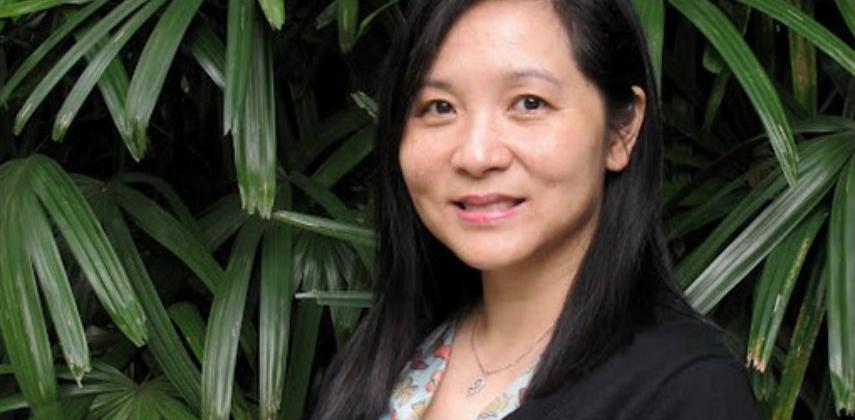With all the talk about innovation, a top business school has taken a step forward by making integrative thinking a core subject for its first-year MBA students.
The University of Toronto's Rotman School of Management, which has under it the Desautels Centre for Integrative Thinking, runs courses that help sharpen students' leadership skills.
Everyone has blind spots, and in making tough business decisions, the ability to size up a situation and understand how people approach issues in their everyday lives could generate success. At Rotman, students get to practise reconstruction, analysis and integration of different mental models in a setting that emulates real business situations.
In a slightly academic way, school dean Professor Roger Martin defines integrative thinking as "a specific approach to solving the wicked problems of business. These are the kinds of problems that seem to have no clear answer, no single good option to solve it and lots of unappealing trade-offs involved.
"In such cases, rather than simply choosing between sub-optimal outcomes, integrative thinkers create new and better answers that contain elements of the existing choices but are superior to each."
Innovation is closely tied to "thought leadership" and there are clear examples of entrepreneurs who owe their success to the possession of superior thinking skills.
Jennifer Riel, associate director of the Desautels Centre, says: "The most value in business is created from the generation of new ideas, from overcoming barriers that others see as impossible to overcome. It is Michael Dell refusing to accept the trade-off between quality and cost as he built Dell Computers. He reinvented the way that computers are sold and sourced, changing the entire landscape.
"It is Isadore Sharp, of Four Seasons Hotels, refusing to believe that the only way to create warmth and intimacy is to have very few rooms, while the only way to afford top-notch amenities is to have many rooms. Sharp found a way to offer exceptional personal connection and breadth of amenities irrespective of hotel size, through a particular, different definition of service. If these leaders had simply accepted the trade-offs presented to them, our world would be poorer for it."
Riel adds: "Too many business leaders are owned by their choices, rather than owning them. Rather than accepting the world as it is, we need business leaders to create new choices, to build new and better answers."
That is a challenge to all educators - to nurture a student's ability to look beyond an existing problem and to look deep enough to identify hidden issues or opportunities. Developing such an aptitude should be a goal of all disciplines, not just business, and at both undergraduate and postgraduate levels.
Linda Yeung is the Post’s education editor, a veteran journalist who studied in Hong Kong and abroad


